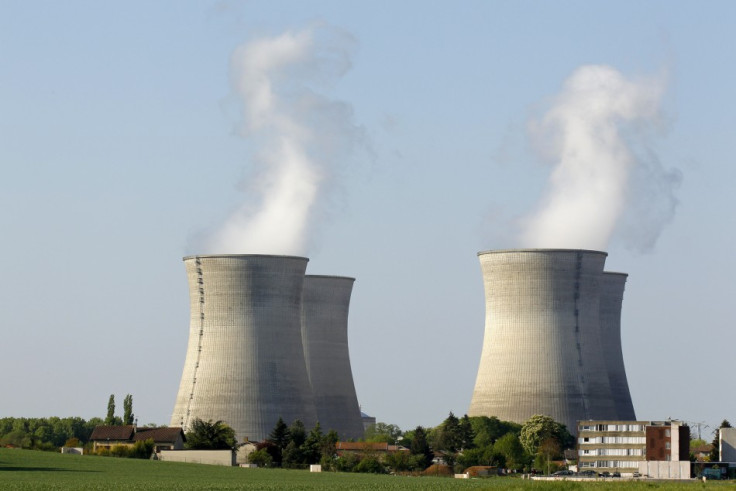Climate Change: UK Likely To Miss 2030 Target For Emission Reductions

The UK will not be able to meet its emissions target set for 2030 unless it makes significant policy changes, says a report from London's Imperial College.
It studied six scenarios under the current policy to see how emissions will behave, and found that in all of them it remained well above, and almost double the rate recommended by its Committee on Climate Change (CCC).
The CCC has suggested Britain must aim at bringing its emissions rate down to 50 grams of CO2 per kilowatt-hour (gCO2/kWh) by 2030.
In all the six scenarios examined, the rate remained at or above 100 gCO2/kWh in the corresponding year.
Power generation from coal remains the major carbon emitter in all the scenarios. And most of UK's power plants fired by coal (a total of nine left accounting for 19 GW of power) are old and inefficient, ranking among top emitters in Europe, says Climate Progress.
The Climate Change Act passed in 2008 binds the country to reduce emissions to 80% below 1990 levels by 2050. Many tools have been identified in reaching this target.
The report looks at the Emissions Trading System (ETS) and the Carbon Price Support (CPS) as two policies that can help Britain realise the emissions target.
The ETS which is the European Union's cap and trade initiative has struggled to incentivise significant reductions, given the recession. This is where the CPS can help.
However, the proposal to raise the price floor to approximately $118 per metric ton of CO2 by 2030 will not be enough, the report says.
It only brings the emission rate down to about 130 gCO2/kWh.
The Imperial College paper suggests tightening carbon price through changes to CPS or ETS as the best solution. The CPS sets a floor for how low the price of emissions on the ETS can drop within Britain's market.
For EU as a whole, the recent agreement to cut emissions to 40% below 1990 levels by 2030, will call for another look at the ETS.
Encouraging renewables' growth has been mooted by the Imperial College report, while the Wold Wildlife Fund (WWF) wants UK to completely phase out coal-fired power generation.
Keeping even one plant online in 2030 would provide only three percent of the country's electricity while using up half its allowable carbon budget, said a WWF spokesperson.
© Copyright IBTimes 2025. All rights reserved.





















